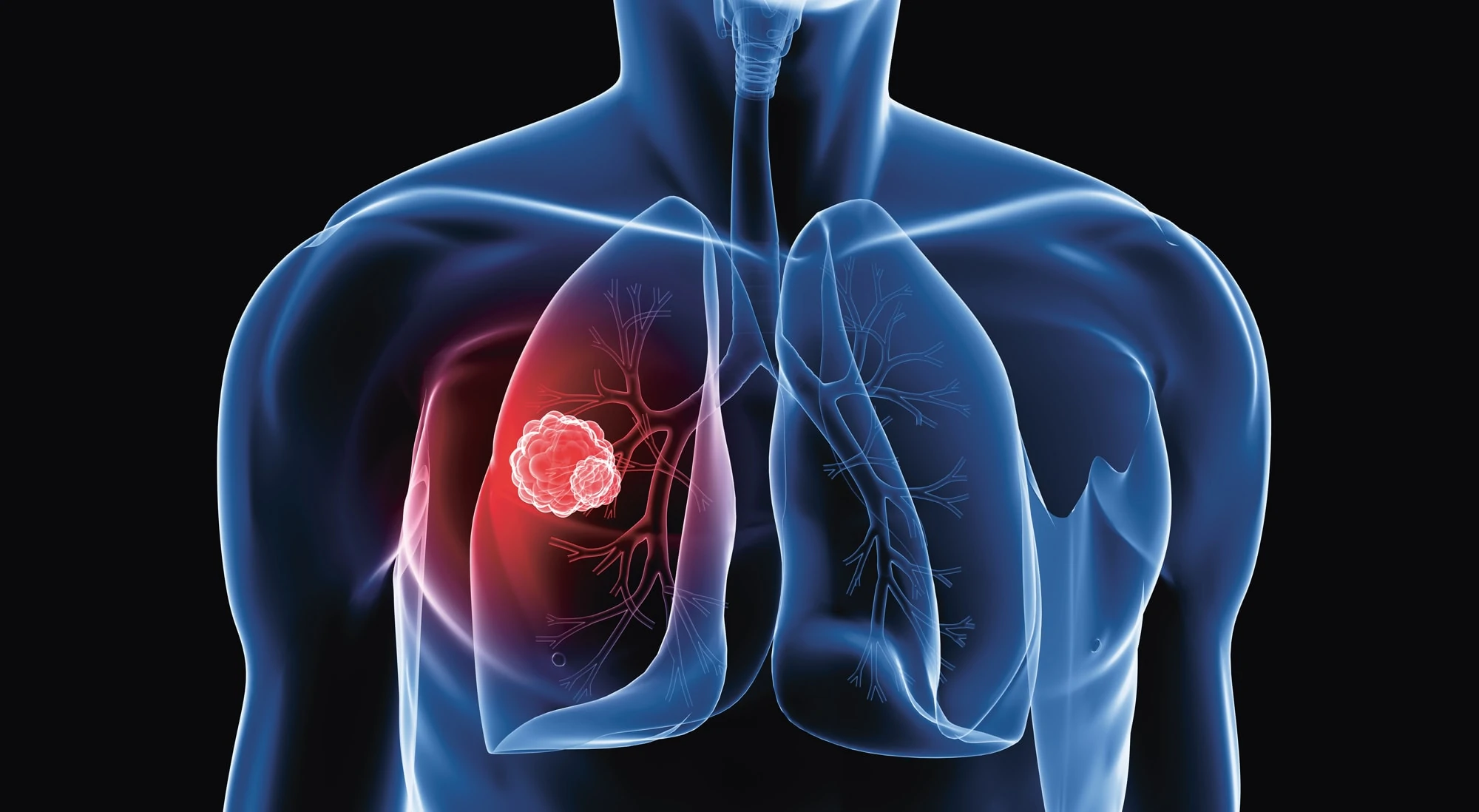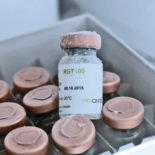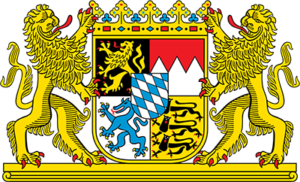Taking away the tumor’s camouflage
Rigontec’s new strategy in immuno-oncology:
March 2017
Over millions of years the body has developed a natural defense mechanism. If infected by viruses or bacteria our immune system reacts by mounting an immediate response. We harness this mechanism for cancer therapy by fooling the immune system in believing that danger threatens. Hence we convert “cold“ tumors, which are not recognized by the immune system, into “hot“ tumors, marking them for attack by the immune system. This technology inaugurates a new generation of immunotherapies to fight cancer or infectious diseases. To date, Rigontec has received close to EUR 30 million in private capital. Dr. Christian Schetter, CEO of Rigontec, talks to Susanne Simon about the new technology and vision of the company.

© Rigontec
IM DIALOG: Dr. Schetter, how does your new technology works in immuno-oncology?
Dr. Schetter: Rigontec has found a new way to harness the body’s own defense – the immune system – to fight deadly tumors. Simply,
tumors hide themselves from the immune system. By activating the RIG-I immune receptor we make the typical structures of the tumor visible to the immune system again. Subsequently the tumor cells are attacked throughout the body, and memory cells even mediate long-term protection. In many animal models our technology has already demonstrated high efficacy, even when used as monotherapy, meaning without combination with other therapies.
IM DIALOG: The term cancer-immunotherapy is currently used by many pharma and biotech companies. What are you doing better than your competitors?
Dr. Schetter: There are several approaches to harnessing the innate immune system. We have found a way to selectively activate only a biochemical signal transduction pathway called RIG-I, which makes stimulation of the immune system much easier. Activating RIG-I also leads to selective cell death only in tumor cells, releasing tumor cell debris that is identified by the immune system as targets to seek and destroy cancer cells throughout the body. With many other approaches the targets (antigens) or the searchers (antibodies) have to be provided with the medication.
IM DIALOG: You have raised EUR 29.25 million in capital. What are the next steps?
Dr. Schetter: Our concept receives quite a lot of attention. We succeeded in attracting Wellington Partners Life Sciences, Boehringer Ingelheim Venture Fund, NRW.BANK, High-Tech Gründerfonds (HTGF), Forbion Capital Partners, Sunstone Capital and MP Healthcare Venture Management as investors. We require this capital to be competitive globally, especially up against US companies, because entering clinical development is expensive. Recently we initiated our first human clinical study and expect the data on dosage, safety and tolerability within the next 12 – 24 months. We also hope to obtain data on the proof-of-mechanism in humans and of course we are prepared to pick up early signals of potential patient benefit. The clinical studies will be performed in renowned oncology centers in the UK, Germany, France and Spain. Expansion to the US is anticipated. In an ideal scenario pivotal studies could be initiated as early as 2019.

© Rigontec
“Rigontec has found a new way to harness the body’s own defense – the immune system – to fight deadly tumors.“
Dr. Christian Schetter, CEO of Rigontec GmbH
IM DIALOG: Who founded Rigontec?
Dr. Schetter: Rigontec was founded at the end of 2013 as a spin-out of the Institute for Clinical Chemistry and Clinical Pharmacology at the University Clinic Bonn. One of the scientific founders, Prof. Gunther Hartmann, is an internationally renowned researcher in the area of innate immune recognition of viral nucleic acids (RNA-Immunosensing). Together with Prof. Veit Hornung and his team, he identified 3pRNA (5‘-triphosphate RNA) as a ligand for RIG-I. Initially the company was located in Bonn, but at the end of 2016 we moved almost the complete activities to the Innovationand Start-up Center for Biotechnology (IZB) at the Martinsried campus.
IM DIALOG: What does the location in Munich mean for you?
Dr. Schetter: Munich is one of the most important global biotech hubs. The IZB brings together many biotech companies and has a great location in between the Max Planck Institutes and many institutes of the LMU. The network here is fantastic. In addition, the new Faculty Club G2B (Gateway to Biotech) facilitates interactions with all the top researchers in the entire campus Martinsried/Grosshadern. At our Supervisory Board meetings everyone is impressed by the ambience of the IZB Campus.
IM DIALOG: Where is your scientific advisory board located?
Dr. Schetter: Through our international supervisory board, we have a good overview of the global scene. The chairman of our Supervisory Board is Dr. Don de Bethizy, a US american who now lives in Denmark and previously was the CEO of Santaris Pharma. The company was acquired in 2014 for USD 450 million by Roche Pharma. Chairman of our Scientific Advisory Board is Dr. Jim Barsoum, who works in Cambridge, MA, and besides many other roles, used to be the CSO of Rana Therapeutics.

Rigontec’s lead program RGT100 specifically activates the innate immune system receptor RIG-I to engender an effective immune response against tumors.
© Rigontec
IM DIALOG: Which strategy are you pursuing by opening a location in Cambridge, MA?
Dr. Schetter: To succeed globally it is important to be highly visible in international networks. Cambridge/Boston, USA, is the most important biotech hub worldwide. That is the reason we founded and located Rigontec Inc. there. The German Accelerator Life Science supported us in the founding process. In Cambridge, MA, you find many of the important pharma and biotech companies within close proximity. Big venture capital companies, academic institutions such as the famous Harvard or MIT universities, together with an enthusiastic entrepreneurial spirit shape this location.
IM DIALOG: You studied biology and are now a successful manager of a biotech company. How did this happen?
Dr. Schetter: A mixture of some good fortune and an entrepreneurial tendency to not be afraid of doing some crazy things contributed to some extent. After studying biology, I obtained my PhD at the Institute for Genetics in Cologne, followed by research work for 2 years respectively at the Scripps Research Institute in San Diego and the Max Planck Institute for Biochemistry in Martinsried. In 1998 I joined Coley Pharmaceutical as the first employee and assumed the first management responsibilities shortly thereafter. Between 2008 and 2014 I was CEO of Fresenius Biotech (later named Neovii Biotech) and joined Rigontec in January 2015. Having management experience also concerning marketing and sales of medicinal products as well as corporate transactions is now tremendously helpful to me.
IM DIALOG: It appears that you could sell the company quite soon. What will you do then?
Dr. Schetter: You do not sell a company, companies are acquired. Of course we have good connections to the pharma industry. However the important requirement is always to execute one’s own strategy step by step in research and development. This is our current focus. Another area, which we have already started working on, is infectious diseases. Also in this indication we are currently expanding the pipeline.



